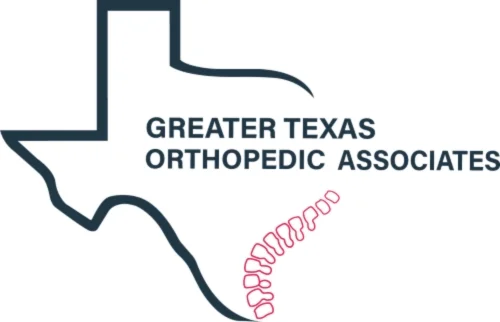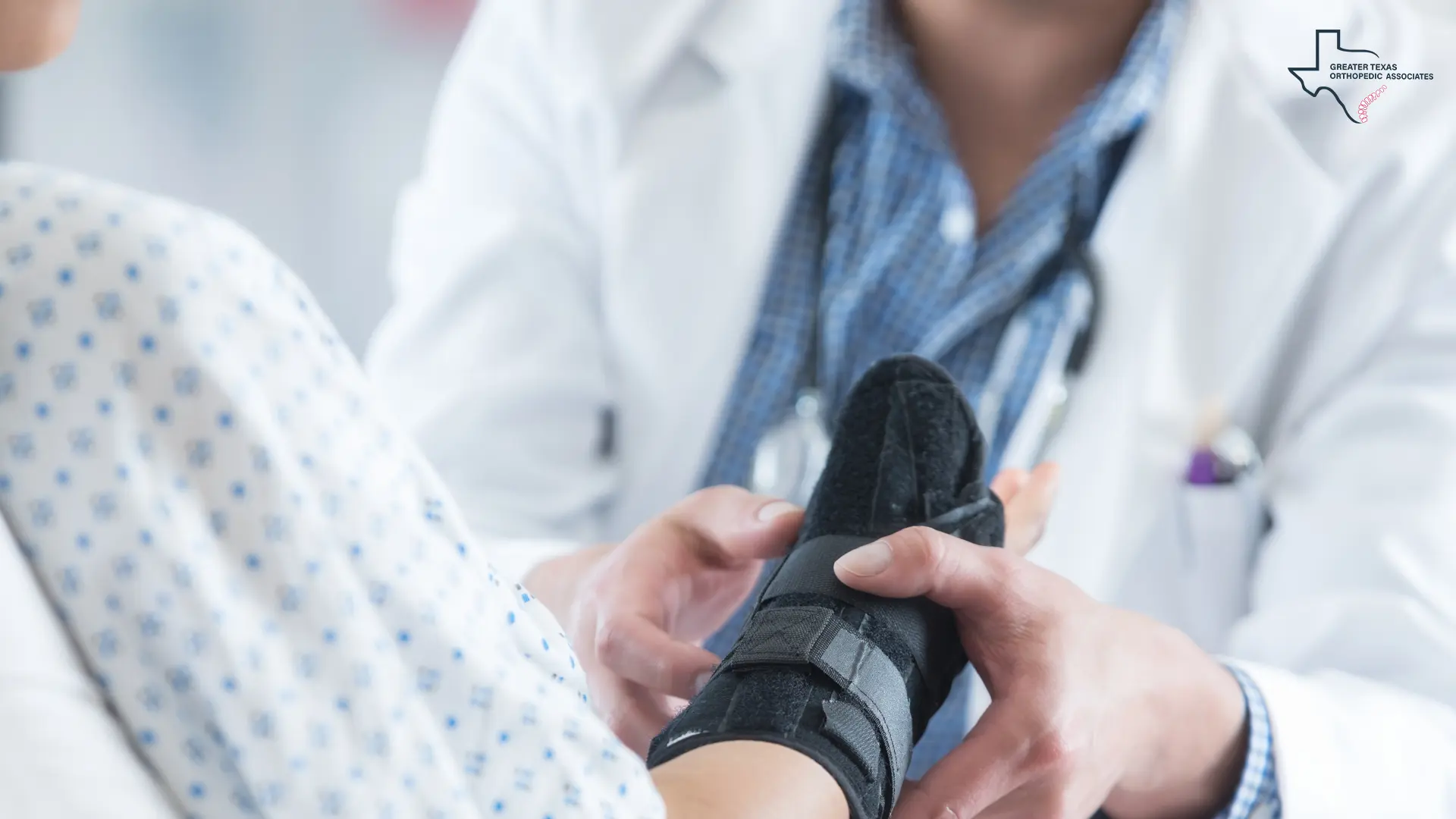5 Qualities Personal Injury Attorneys Demand in Their Top Medical Partners
In personal injury law, winning a case often depends as much on the strength of the medical evidence as on the attorney’s courtroom skill. For experienced legal professionals, this evidence chain begins and often ends with the medical providers treating the client. The synergy between legal and medical strategy is so fundamental that effective physician legal collaboration is the backbone of successful injury claims.
Personal injury claims seek to secure compensation for pain, suffering, and loss, including both physical and psychological injuries, as well as specific financial losses like medical expenses, loss of earnings, and future care costs. However, the value of the claim hinges entirely on the documented severity of the injuries, the recovery timeline, and the projected long-term impact. Without robust, credible, and accurate medical evidence, even the most compelling case of negligence can fall short in the courtroom or during settlement negotiations.
This reality means that the strategic selection of healthcare providers is perhaps one of the most critical decisions a personal injury attorney makes. It is an unfortunate truth that not all medical providers are equally suited for the rigors of legal cases. While a client’s primary care physician (PCP) is a good starting point for immediate care, top attorneys understand that relying solely on a general practitioner can severely disadvantage the case when dealing with specialized injuries. Opposing counsel and insurance companies often employ their own specialists, ready to argue against the PCP’s lack of specialized experience, turning a simple consultation into an adversarial challenge.
To navigate this complexity and ensure maximum recovery for clients, top-tier personal injury firms seek out Top Medical Partners for personal injury lawyers specialized teams that align their medical rigor with forensic and legal necessity. These partners bridge the gap between treatment and evidence, elevating the entire legal process.
Drawing from decades of experience in the medical-legal sphere, we have identified five non-negotiable qualities that distinguish truly trusted medical providers for attorneys from general practitioners when handling complex injury claims.
Five Essential Qualities of Top Medical Partners
Top attorneys seeking comprehensive support look for medical partners who possess:
- Expertise in forensic and medico-legal documentation.
- Consistent communication and timely reporting.
- Ethical integrity and objectivity.
- Experience with depositions and court testimony.
- Patient-centered care combined with legal precision.
These qualities serve as critical Injury Claim Medical Partner Tips for selecting partners who will strengthen, rather than jeopardize, your client’s path to justice.
1. Expertise in Forensic and Medico Legal Documentation
The bedrock of any successful personal injury claim is meticulous evidence gathering. In the medical context, this means documentation that does more than satisfy standard clinical requirements; it must withstand intense forensic scrutiny from opposing counsel.
Top legal teams demand that their Top Medical Partners for personal injury lawyers demonstrate proficiency in creating precise medical documentation for claims. Medical evidence, including reports and records, is vital for proving the severity of injuries and establishing causation, the direct link between the accident and the sustained harm.
A common mistake observed in claims is when clients fail to keep an accurate account of their injuries, or when medical notes contain inaccuracies regarding simple details, such as the left or right side of an injury. These small inconsistencies can cause “big issues” in the case because insurance companies will meticulously scrutinize medical records, symptom descriptions, and treatment timelines. If documentation is vague or inconsistent, the case is weakened.
Therefore, we focus on medical providers who understand the critical importance of detail, such as clearly documenting pre-existing injuries that may have been aggravated by the accident, which can still lead to recoverable compensation. Furthermore, adequate medical evidence is necessary to accurately provide a valuation of injuries, particularly in complex cases where symptoms or complications, like post-traumatic arthritis, may take time (potentially around a year) to fully manifest or show up on scans. Obtaining medical evidence too early risks an under-settlement of awarded damages because the full recovery process and potential complications cannot yet be assessed.
Medical partners should be experts in generating detailed medical reports used to value the claim. At Greater Texas Orthopedic Associates (GTOA), for instance, we ensure that specialized orthopedic care and orthopedic evaluations for legal cases are delivered with the precise documentation needed to support injury claims and legal cases effectively. This deep understanding of medico-legal documentation saves lawyers crucial time and strengthens the claimant’s position.
2. Consistent Communication and Timely Reporting
Personal injury litigation is characterized by complex timelines and procedures that can stretch from six months to several years, depending on liability and the severity of injuries. Throughout this potentially lengthy process, consistent communication and timely reporting from medical partners are essential elements of effective physician legal collaboration.
The legal system necessitates that information moves quickly. Insurance adjusters frequently act fast in the aftermath of an accident, often hoping to secure a speedy, low-ball settlement before a detailed investigation or full medical prognosis is complete. Prompt action from an experienced attorney, supported by a responsive medical partner, is required to ensure the client is protected and every accident detail is fully investigated.
Attorneys rely on timely updates to ensure they are keeping the client informed and moving the case forward efficiently. Furthermore, delaying medical treatment or documentation thereof is a critical mistake that insurance companies exploit. Insurers often argue that delayed treatment implies the client was not truly hurt, or that the injuries were caused by a separate incident. This means that the medical partner must not only provide prompt attention to the patient but also ensure that detailed records of every appointment and treatment recommendation are maintained promptly.
A dedicated partner ensures that when critical medical evidence is needed, such as comprehensive injury assessments or specialized evaluations, they are provided without undue delay. This ensures that the compensation award is valued based on the final medical evidence and that the client does not suffer an under-settlement because the claim was settled too soon, before the full extent of recovery was known.
These crucial Injury Claim Medical Partner Tips ensure that the legal team remains ahead of the curve, enabling efficient trial preparation and settlement negotiations.
3. Ethical Integrity and Objectivity
In the adversarial environment of an injury claim, credibility is of greatest importance. Opposing counsel will scrutinize all parties involved, including the medical providers. Therefore, selecting trusted medical providers for attorneys who demonstrate unwavering ethical integrity and objectivity is a fundamental requirement.
The legal team must be confident that the medical provider’s primary focus is the patient’s recovery and accurate diagnosis, not allegiance to external paymasters. Attorneys should be mindful that some doctors, unfortunately, perform significant work for specific insurance companies and may prioritize the insurer’s interests over the patient’s well-being.
A strong medical partner will ensure their findings and diagnoses are accurate, regardless of which party is paying for the evaluation. This objectivity reinforces their credibility if they are required to testify. Furthermore, the selection of highly qualified experts helps buttress the case against challenges. For instance, top attorneys often prefer specialists who have acquired board certification in their field, as a board-certified physician is generally found to be more credible in a court of law compared to a non-board-certified physician.
While an attorney may hire a medical expert witness, the treating physician often possesses greater inherent credibility in the eyes of a jury because there is a perception that the expert has been paid to testify. By choosing a qualified treating doctor who maintains objective records and recommendations, accurately diagnosing and avoiding unnecessary treatment, the legal team reinforces the narrative that the injuries and corresponding expenses are legitimate and necessary.
For sophisticated teams, ensuring integrity involves partnering with specialists who are dedicated to providing comprehensive orthopedic healthcare tailored to meet the demands of legal case support.
4. Experience with Depositions and Court Testimony
For complex legal cases, the medical partner must be prepared not just to treat but to articulate their findings under pressure. Most personal injury claims do not end up going to court, but the legal team must prepare every case as if it will proceed to trial to gain leverage in negotiations.
As legal proceedings progress, expert medical professionals are indispensable. Their role is to explain complex medical terminology and provide a clinical assessment of the actions and injuries that led to the claim. Without their testimony, particularly in complex fields, it can be impossible to prove the case successfully.
Top Medical Partners for personal injury lawyers are those who are highly qualified, often Board-Certified, and experienced in providing highly effective expert testimony for consultations, depositions, or trials. Their expertise must cover critical areas required by the court, including:
- Mechanisms of Injury: Using knowledge of anatomy and biomechanics to explain the cause of the injury and help the court understand what happened.
- Medical Treatment Assessment: Opining on the cost of treatment, covering short-term, long-term, and potential complications.
- Medical Restrictions and Impact: Helping judges and juries understand how the injury affects the victim’s day to day life and capacity to work or care for family.
- Long term Prognosis: Knowing opinion on the victim’s long-term medical outlook, including the likelihood of future complications or surgery.
- Pain and Suffering: Describing specific symptoms in detail to impact the case for non-economic damages significantly.
The value of this expertise is why specialized partners are required, rather than relying on a general practitioner whose prognosis may be misdiagnosed or incorrect. The “best” experts are typically practicing specialists who can provide actual context rather than just theoretical explanations, detailing the practices performed during a procedure and demonstrating deviations from accepted standards of care, where applicable.
Achieving this requires sustained physician legal collaboration, where the medical team is accustomed to working closely with attorneys to gather evidence and develop the case theory.
5. Patient-Centered Care Combined with Legal Precision
The ultimate goal of the legal team is two-fold: maximizing compensation and facilitating the client’s recovery. A truly exceptional medical partner combines compassionate, patient-centered care with the necessary legal precision.
A key aspect of a successful claim is the client’s responsibility to mitigate their losses, meaning they must take reasonable steps to aid recovery and prevent further harm. Prompt and effective medical care is, therefore, a necessary legal duty. Comprehensive medical partners offer a wide range of specialized services, from comprehensive injury assessments to sophisticated treatments such as pain management, neurosurgery, and evaluation of traumatic brain injuries. For instance, GTOA offers specialized orthopedic services, including treatments such as Epidural Steroid Injections, Medial Branch Blocks, Facet Injections, and Radiofrequency Ablations for chronic pain solutions.
Moreover, legal precision requires that all harm be documented, including elements that are easily overlooked by clients and less diligent providers. Clients often focus only on the most serious or painful physical injuries, sometimes failing to account for psychological anguish or milder concurrent injuries. However, psychological injuries such as increased anxiety, nightmares, or changes in behavior are just another form of harm that should be documented and accounted for in the compensation award. It is the responsibility of the medical partner, prompted by Injury Claim Medical Partner Tips from the consulting attorney, to ensure all symptoms are communicated and documented in the medical report, as unmentioned injuries are unlikely to be compensated.
By offering personalized treatment plans and detailed, ongoing assessments, the medical partner supports the client emotionally and physically while simultaneously creating the bulletproof evidentiary record needed for the legal team. This harmonious blend of clinical excellence and legal awareness ensures that the client receives the absolute best care while maximizing their financial recovery.
Reinforcing the Foundation of Success
The selection of a medical provider significantly influences personal injury legal actions. It determines credibility, shapes the narrative of causation, dictates the potential valuation of damages, and significantly influences the overall recovery trajectory for the client. Choosing trusted medical providers for attorneys is not a matter of convenience; it is a strategic necessity that protects the client from common pitfalls like under-settlement and challenges regarding delayed treatment or insufficient documentation.
When seeking Top Medical Partners for personal injury lawyers, you must look beyond basic credentials and demand forensic skill, responsiveness, and adversarial experience. These five qualities represent the gold standard for physician legal collaboration and ensure that the powerful medical evidence needed to win complex cases is always secured.
Conclusion
Selecting the right medical partners can define the success or failure of a personal injury case. The best outcomes occur when legal and medical expertise align, where physicians provide not just treatment, but also the precise documentation and expert insight needed to prove causation and maximize settlement value.
At Greater Texas Orthopedic Associates (GTOA), our team delivers this balance every day through specialized orthopedic care, accurate medico-legal reporting, and dependable collaboration with attorneys across Texas. With deep experience in injury evaluation, pain management, and expert testimony, we help ensure that every case is supported by strong, defensible medical evidence, giving your clients the best possible chance for a full and fair recovery.






